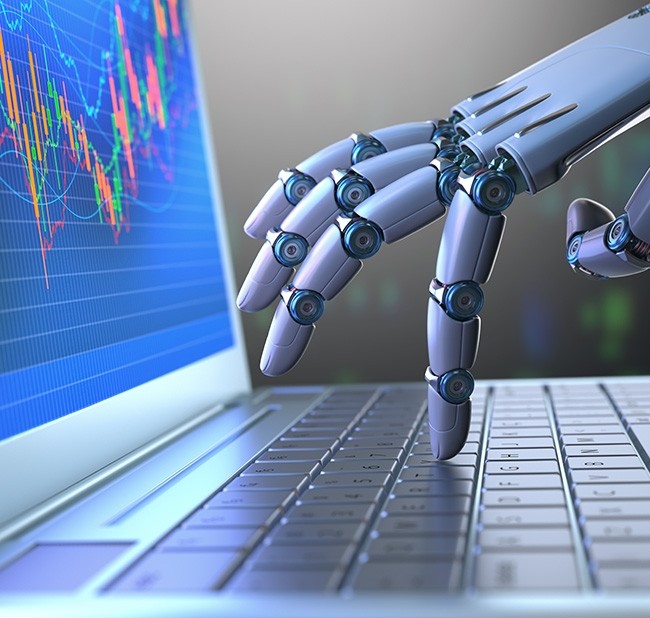Driverless cars. Self-service tills in supermarkets. Even robotic surgeons. Automation and robots are already within our workspaces. But how will it develop, and what will this mean for employment?
A recent headline in one of the main newspapers read: “Robots will take over most jobs within thirty years, experts warn”. The forecast in the article suggested rates of unemployment could exceed 50%, with middle management bearing the biggest (proposed) threat. Even the Bank of England Governor, Mark Carney, has spoken out this week, saying “machines will snatch 15 million human roles over the coming decades”.
But how likely is this? Are these opinions justified?
A new report released by Capita Resourcing covers this topic; its findings shows that the outlook from those within industry is not as pessimistic.
According to a whopping 85% of the employers surveyed by Capita, “automation won’t take any more jobs than the ones they’ll actually create”. Cited as one example: skills development will rocket, as machines will require specialist care and maintenance. Some employees may need to retrain, which will boost this field of industry.
Business leaders told Capita that they intend to retrain at least 80% of their current staff, or alternatively, their role will accommodate the proposed automation. They add that certain roles will be completely unaffected if robots or automation were integrated.
In fact, the only reservation respondents had was not about the development of AI, robotics and automation, but how best to employ the time savings businesses will reap.
The bleak reports surrounding AI predictions explore potential but not necessarily reality. Just because we can do something doesn’t mean to say we will. Says Thomas Brown of Raconteur: “Humans can walk backwards, but we choose not to. Just because technology could invalidate the professional contribution of millions or billions of people, it doesn’t mean we’ll allow it to, or that it’s in any way inevitable. Assumptions about the impact of technology on workforces are rooted in the jobs of today. We don’t yet know what new jobs and opportunities will emerge.”
Commonly, the value of human labour increases or decreases with the level of productivity. If productivity is given a boost, which automation would provide, the average wage will increase. Add to this the extra products we’ll create for our consumption, due to heightened productivity -historically, if there is more, we consume more. Automation, in its simplest form, is to support workers, and make them better in their role, rather than replace them altogether; only part of a worker’s daily tasks will be carried out by AI.
That said, there’s no denying that some jobs have already been replaced – or, more likely, displaced. Fewer checkout assistants are needed in shops as there are fewer manned tills; fewer branches of a high-street bank, because more people use machines to pay in and draw out cash. Given that automation has already had an impact on these roles, unemployment hasn’t ballooned drastically – current rises in unemployment are down to many factors, not least our fragile economy, Brexit, changing consumer habits, etc.
Though, initially, it was factory, retail and manual workers who were deemed most at risk, many reports now cite middle management as the band of employees who may find they’re no longer needed in a machine-age. Our cultural and moral preferences, and our habits, will see people continue to buy/deal with people for a range of products and services; front-line staff, therefore, are unlikely to be flung aside. Would you accept a diagnosis, for example, from a robot doctor, or tell that machine your deepest fears and worries? Wouldn’t you miss the understanding and empathy your GP would no doubt offer?
Similarly, at the top of the pyramid, we need humans, to steer automation and make business decisions that don’t come down to statistics or algorithms but simple forecasting on gut instinct. Which leaves middle management: what role can they play, with a team of robots to manage?
Displacement, and the emergence of new roles and industries are another positive factor that often gets overlooked when the impact of automation is discussed. It may mean employees having to retrain, but it’s not exactly unthinkable.
So, what’s your view? Are robots going to take over the world, or simply enhance it?

